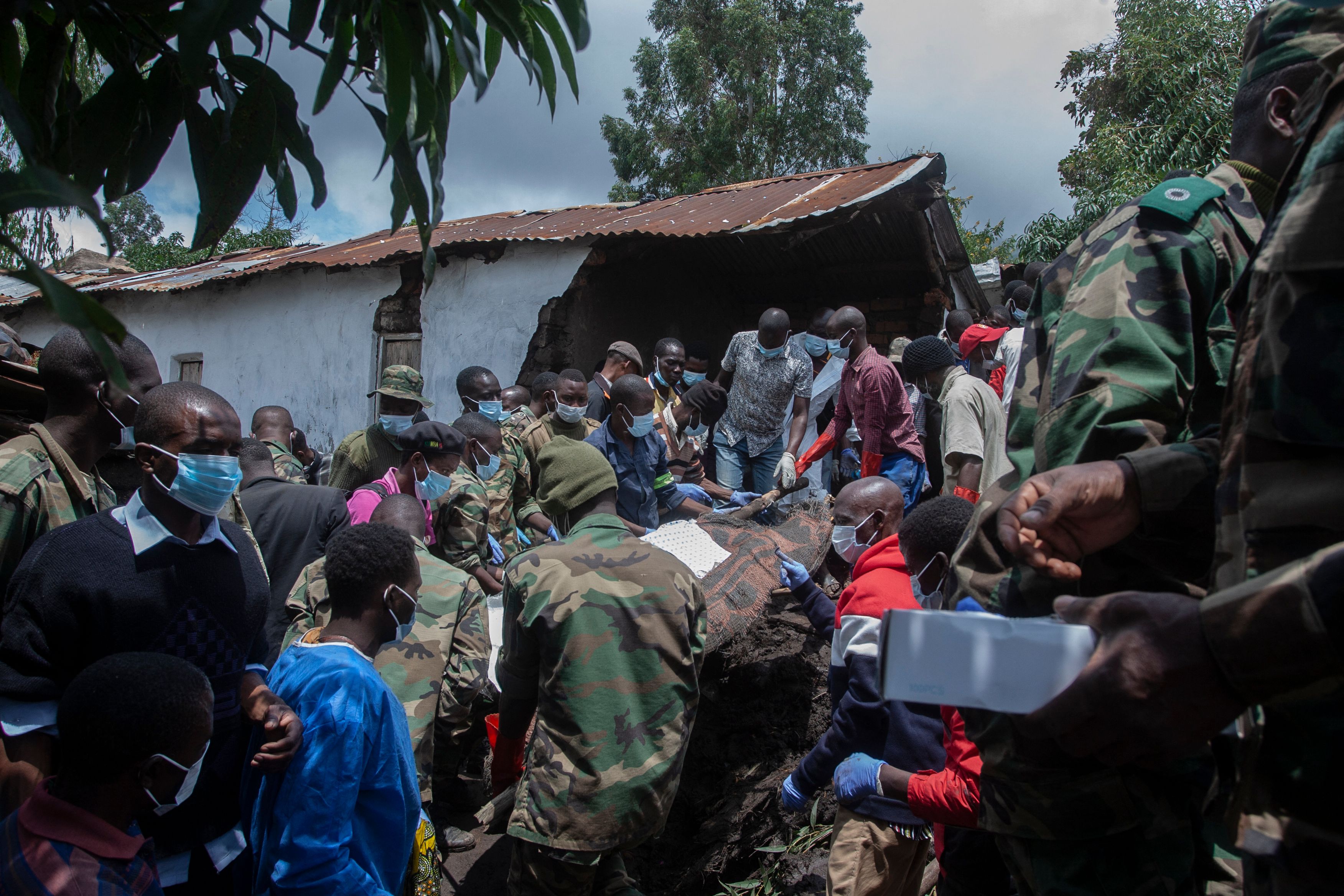Cyclone Freddy: Flood risk lingers for southern Africa as death toll passes 300
The storm, which is one of the longest-lasting tropical cyclones ever, is also one of the deadliest in Africa in recent years
Your support helps us to tell the story
From reproductive rights to climate change to Big Tech, The Independent is on the ground when the story is developing. Whether it's investigating the financials of Elon Musk's pro-Trump PAC or producing our latest documentary, 'The A Word', which shines a light on the American women fighting for reproductive rights, we know how important it is to parse out the facts from the messaging.
At such a critical moment in US history, we need reporters on the ground. Your donation allows us to keep sending journalists to speak to both sides of the story.
The Independent is trusted by Americans across the entire political spectrum. And unlike many other quality news outlets, we choose not to lock Americans out of our reporting and analysis with paywalls. We believe quality journalism should be available to everyone, paid for by those who can afford it.
Your support makes all the difference.Devastated communities and relief workers in Malawi and Mozambique are tackling the aftermath of Cyclone Freddy, which has left more than 300 people dead from four days of destructive wind and rain.
The storm has dissipated but tens of thousands have been displaced and weather monitoring centres warned that countries are still vulnerable to flooding and landslides.
Freddy – one of the longest-lasting tropical cyclones ever recorded – tore across southern Africa for a second time after first making landfall in late February.
It tracked across the Indian Ocean for more than five weeks in February and March before making the second landfall, and is one of the deadliest in Africa in recent years.
While experts are still looking into what is making this cyclone last longer and what role climate crisis played in it, the increased intensity of this storm is consistent with predictions made by the Intergovernmental Panel on Climate Change (IPCC) in its report.
The climate crisis is ramping up the intensity and frequency of extreme weather events like tropical cyclones, the UN’s expert science panel warned last year.
Mozambique’s Zambezia province has seen the death toll rise to 53, doubling the previous count, while Malawi has reported 225 dead, with hundreds more injured and some still missing. The storm killed about 27 people in Madagascar and Mozambique before lashing Mozambique for the second time.
Search and rescue efforts have been hampered by continued rain and power outages, as the storm caused severe flooding, swept away roads, and left bodies and houses buried in mud.

In Malawi, the village of Mtauchira saw six men carry a coffin down a dirt road that had turned into a river, slipping in mud as the rain continued to fall.
Others stood in newly dug graves that had filled up, scooping water out with buckets so they could lower in the caskets.
Malawi president Lazarus Chakwera has declared 14 days of national mourning and called for international support for relief efforts.
He said more than 80,000 people were displaced.
Although electricity was starting to come back in Malawi on Thursday, many places affected by the storm had not had running water for a week, including the second-biggest city, Blantyre.
The death toll is expected to continue to rise, according to the UN children’s agency Unicef.
The cyclone has caused severe destruction, including the loss of lives, homes, and livelihoods, and the displacement of thousands of people in Mozambique and Malawi.
International aid organisations are responding to the crisis and providing assistance to those affected by the disaster.




Join our commenting forum
Join thought-provoking conversations, follow other Independent readers and see their replies
Comments